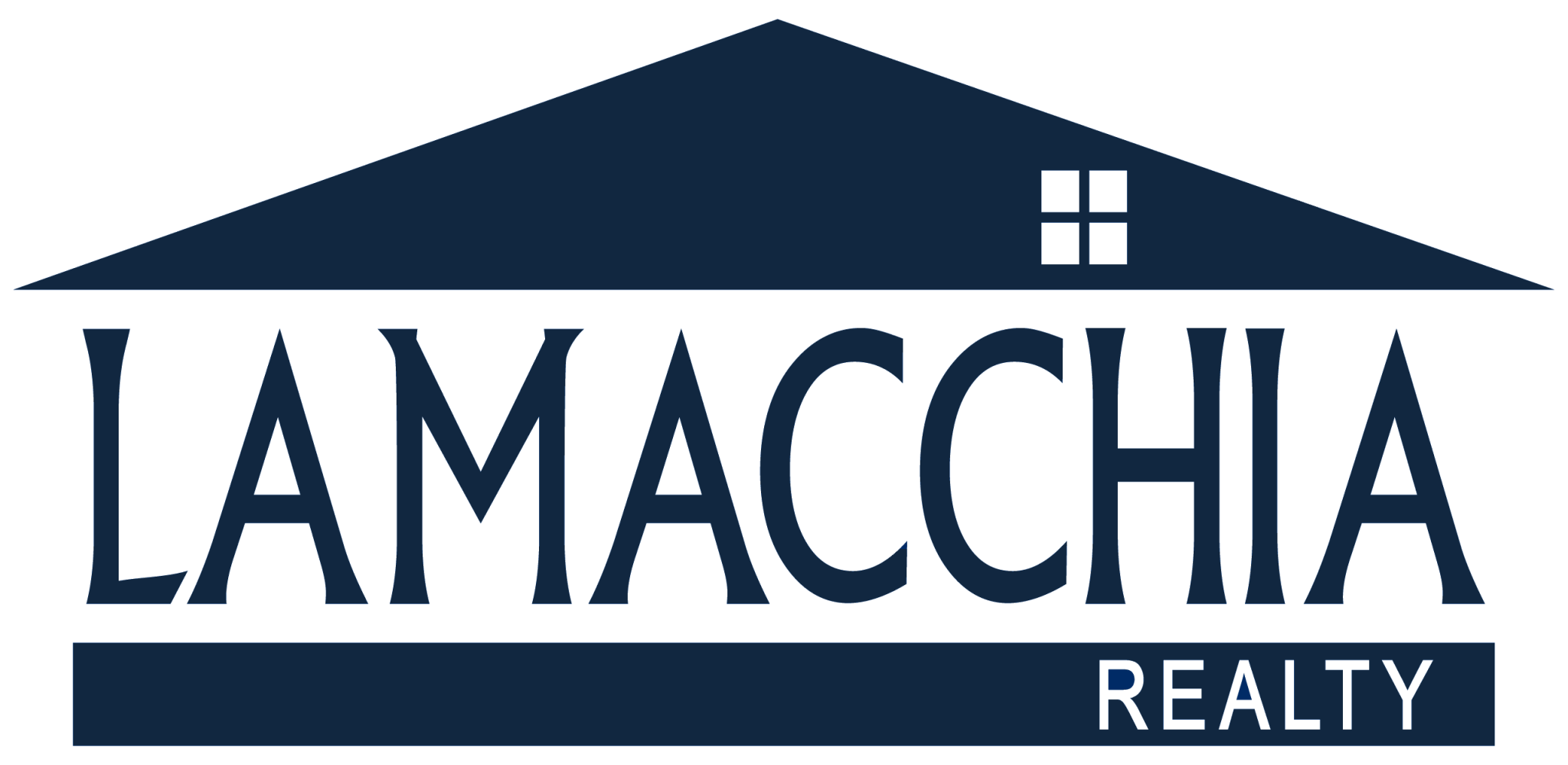 Whether you are an established landlord or have recently purchased a property and are renting it out, it is important that you understand your responsibilities. While being a landlord can be financially beneficial, it comes with maintenance requests and occasionally untimely issues. Here are some of the main responsibilities:
Whether you are an established landlord or have recently purchased a property and are renting it out, it is important that you understand your responsibilities. While being a landlord can be financially beneficial, it comes with maintenance requests and occasionally untimely issues. Here are some of the main responsibilities:
-
Security Deposit
The security deposit does not belong to the landlord, it is just what it sounds like, security. It is for the landlord in the sense that it can be used if the tenant fails to pay rent or doesn’t fix damages to the property. Landlords are required by Massachusetts law to deposit the tenant’s security deposit in a separate interest-bearing account and give the interest to the tenant on an annual basis, even if the tenant stays year after year.
-
Repairs & Maintenance:
Safety is the number one concern of most tenants, and rightfully so. Windows and locks must be secure and functioning. Smoke and carbon monoxide detectors should be up to code. Hot and cold water should always be accessible, heat as well- which may require frequent oil tank refills in the winter if that’s included in the rent. Electricity, though typically paid by the tenant, must be functioning. These are all basic living requirements and are just the beginning.
All tenants should be screened prior to being given a lease. Expectations for their responsibilities are often in the lease and if not, the tenant should inquire about it before moving in. This is to ensure that trash is cared for, walkways are clear and shoveled in the winter, people know where to park, and common areas are safe and usable for everyone.
 Major issues that may need repair are stairways, the roof, plumbing, windows, safety hazards, and fixtures. If the tenant broke something, it may be their responsibility to fix it.
Major issues that may need repair are stairways, the roof, plumbing, windows, safety hazards, and fixtures. If the tenant broke something, it may be their responsibility to fix it.
If the tenant clogs the drain it could be considered normal wear and tear and could be the responsibility of the landlord to fix. But if the tenant tears a screen- it would likely be their responsibility to fix it and if they don’t could come out of their security deposit-
-
Taxes and Insurance:
When renting out a residential building to tenants, it is customary for the landlord to pay the property taxes. A landlord is also eligible for tax deductions which can be helpful. The deductions include interest on mortgage payments made for the property, premiums paid for insurance as well as repairs. Keeping track of all the expenses is also the responsibility of the landlord if they want to take advantage of these tax deductions.
If there’s mortgage on the property, insurance is required which will protect their investment. Homeowner’s Insurance is the top priority, but other types are often required if not recommended such as flood, water, fire, liability- also known as an umbrella policy, or natural disasters.
-
Liabilities:
As a landlord, you can be responsible if someone gets injured while on your property. Liability coverage, which generally falls under your homeowner’s policy, is there to protect owners in the event of this. If someone falls because of a loose handrail, they can sue for negligence. If this was to happen, liability coverage can kick in to pay for a legal defense and court fees.
-
Tenant Breaking Lease:
In a perfect world, your tenants will pay rent each month and will stay for the remainder of their contract. Unfortunately, this isn’t how it works all the time and tenants do sometimes break their lease and abandon the apartment. If this happens Landlords can and likely will take legal action.
Property Management Company:
A good landlord responds quickly to repair requests and issues. If maintaining and following all the rules and responsibilities sounds like a daunting task, you should consider a property management company. Hiring a property management company can lead to fewer costly and time consuming legal battles, shorter periods of vacancy, less stressful and untimely repairs, and more available free time.
Contact us if you’re interested in learning more about owning rental properties or property management.
